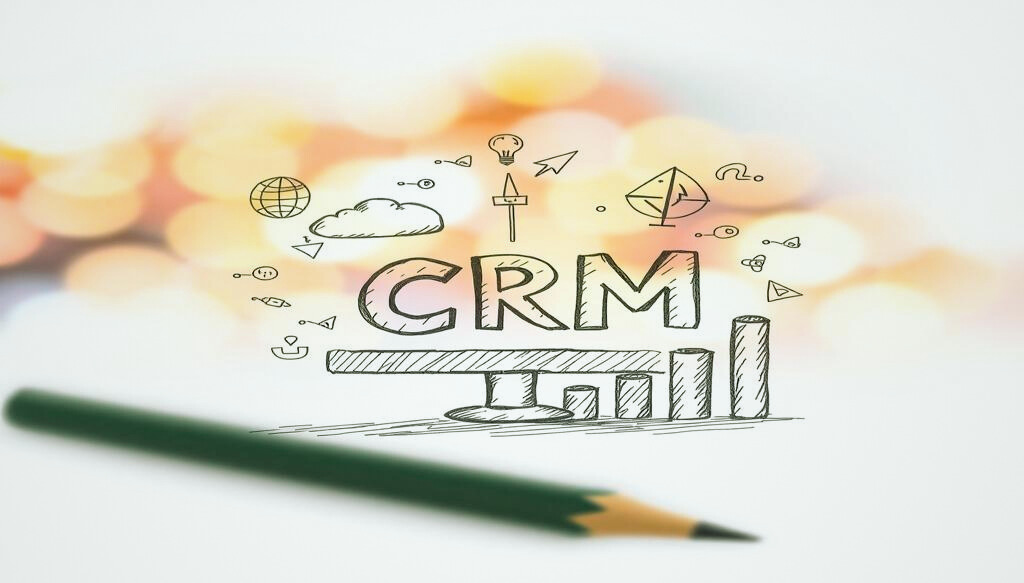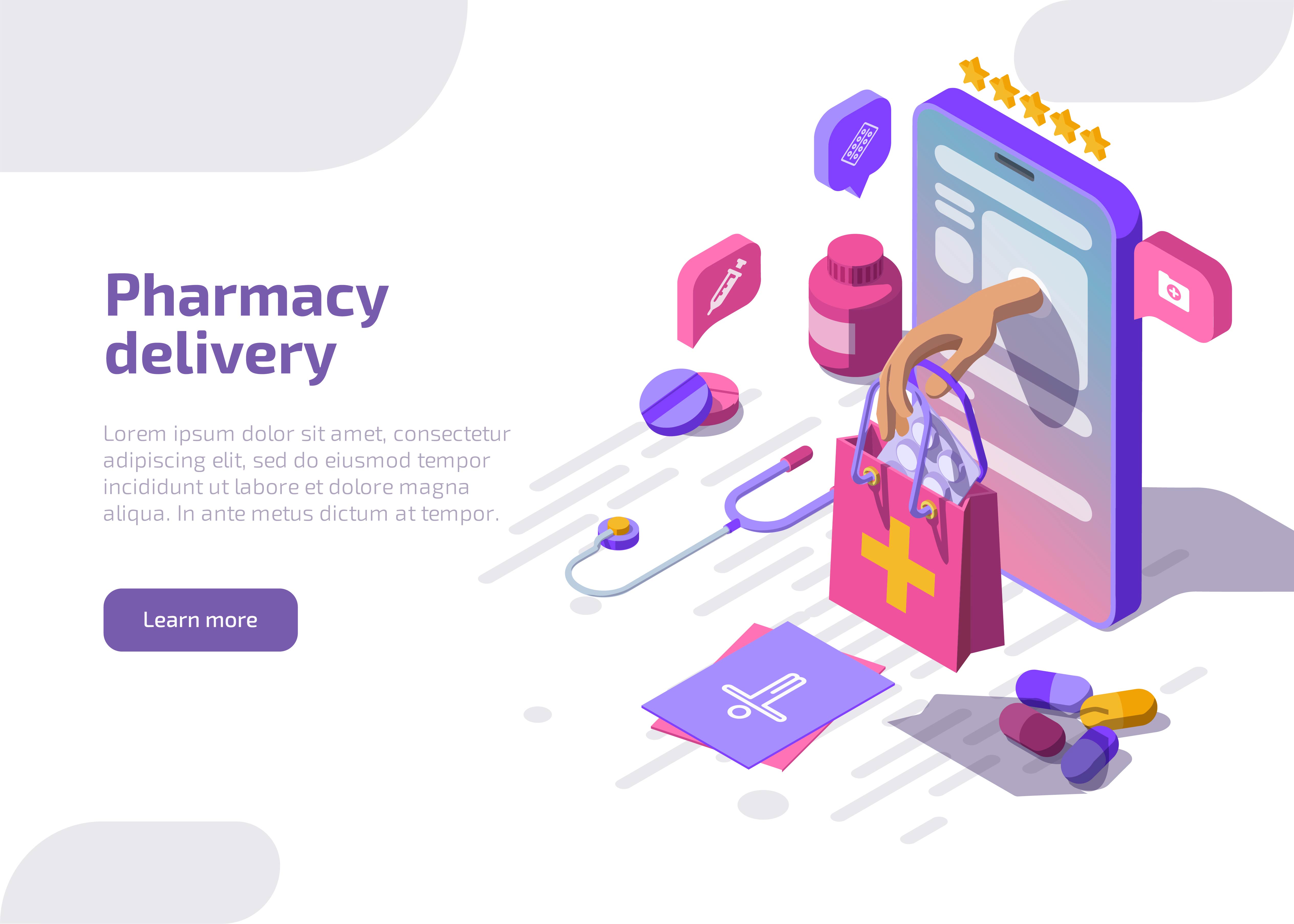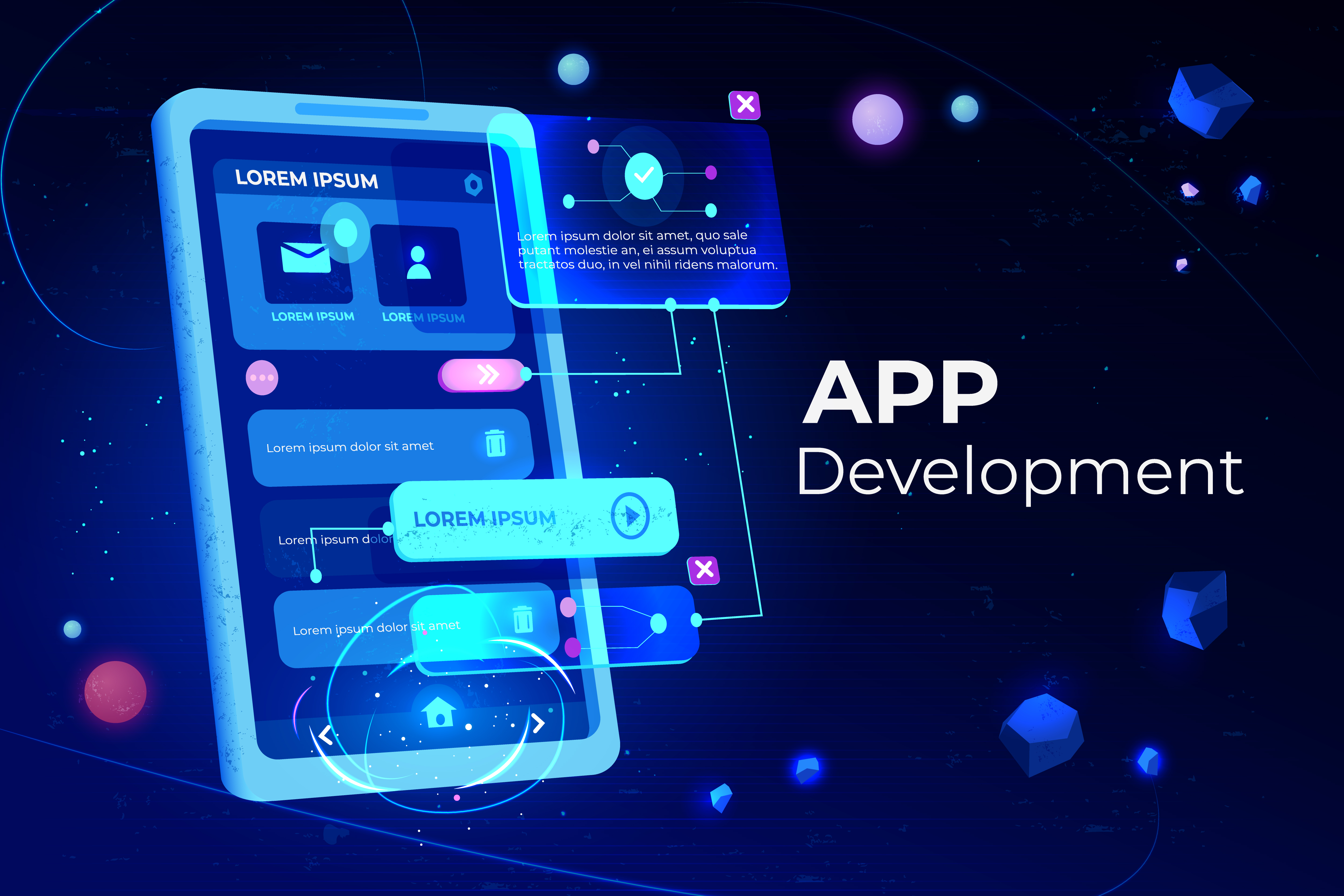1. AI-powered CRM
AI has been incorporated into CRM systems for some time to provide automated assistance and analyse why customers are buying and to further personalise communication. Data tools for client interests will range from spotting trends to generating leads that help create a marketing strategy.
2. Omni-channel Integration
Customers now use different channels through social media and email. CRM features such as omnichannel integration allow customer interaction to be tracked in one place for a continuous customer journey so that companies can act quickly and efficiently.
3. Mobility for CRM
Mobile enables access to the accounts of clients while on the go, providing record updates and carrying out business tasks for sales teams. Mobile capability allows a business unit to be responsive, closing deals quickly and transacting business while in transit.
4. Automation and Workflow Optimisation
Most of the CRM software in the market comes with built-in streamlined automation features to automate some of the repetitive actions, such as follow-up emails, meeting invitations, and updating customer databases. This shifts the responsibility out of manual hands, boosting productivity and allowing the team to focus better on other high priorities.
5. Advanced Analytics With Predictive Insights
The software must continuously track and analyse customer trends to play a major role in influencing decision-making. In fact, it allows each business not only to identify its patterns and trends but also to take actionable information from predictive analytics to optimise sales strategy and customer loyalty.
6. Advanced data privacy compliance.
The world waking up to various data privacy regulations—latest among them the General Data Protection Regulation—has seen vendors of customer relationship management software solutions strive towards improving their propositions to render the protection of data from threats a workable affair, ensuring compliance with the GDPR. Accordingly, the other features include consent management capability, validity protection of data, and compliance checking mechanisms in geographical locations, either to remain safer from legal pitfalls.
7. Integrating IoT and wearables.
As the Internet of Things begins to affect customer relationship management systems, influences from the five forces and real-time sourcing from very smart devices and wearables channel information into CRM platforms, providing due diligence on the individual tastes and behaviours of customers. This, in turn, enables businesses to advise and personalise their products better.
8. Customer self-service portals.
Customers want to control their experience within the companies that are serving them. It is continually more common for CRM platforms to have self-service portals where customers can view account details, track order status, or solve their own problems. This moves the burden away from customer service agents, delivering superior customer satisfaction.
A modern customer relationship management application will provide multi-channel and mobile access on top of automation that complements predictive technology. All in all, thereby converting CRM applications into intelligent, facile, organic, and sustainable growth engines. Marketers following that trend will find the solid customer care the CRM brings to the table, under the embrace of high efficiencies to create a longer-term 'fit' with the customers.
- Home
-
Services
Web Development
- Business Website Development
- E-Learning Website Development
- E-Commerce Website Development
- Service Website Development
- NGO Website Development
- Web Development in Jaipur
Mobile Apps
Game Development
- IOS Game Development
- ANDROID Game Development
- AR Game Development
- VR Game Development
- Ludo Game Development
Application Development
- CRM Application Development
- Financial Accounting Software Development
- Hospital Management Software Development
- HR Application Development
- Inventory Management Software Development
- Education App Development
- Hotel Management Software Development
- Sports/Fitness App Development
- Health Care App Development
- Dating App Development
- Entertainments App Development
- Food Delivery App Development
Multi-Level Marketing Software Solutions
- Binary MLM Software Development
- Matrix MLM Software Development
- Autopool MLM Software Development
- Single LEG MLM Software Development
- Differential Plan MLM Software Development
- Binary+Autopool MLM Software Development
- Level Plan MLM Software Development
- MLM Software Development in Delhi
Graphic & Web Designing
SEO & SMO Services
App Development Solution
- About Us
- Portfolio
- Contact Us
- Blog






